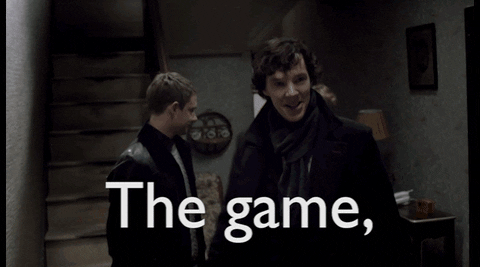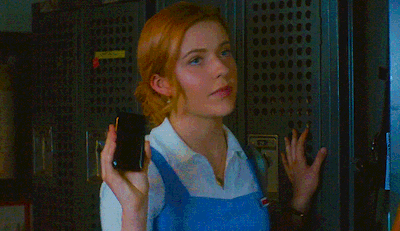Is Nancy Drew a Mary Sue, and does that even matter?
The Take - a fantastic YouTube channel of video essays on culture, explores this question of the Mary Sue in their video. They lump Nancy Drew in with the Mary Sues - I respectfully disagree in a throwaway comment.

But Who Is Mary Sue?
Mary Sue was the main protagonist of A Trekkies Tale, written by Paul Smith and published in the Menagerie in the 1970s.
Smith describes a perfect. Clever enough to impress Spock and beautiful enough to be attractive Kirk. 15 and a half years old, she is in charge of The Enterprise and saves the day.

Mary Sue was meant to comment on the sort of fan fiction that was wish-fulfilment, where fans put themselves into their favourite stories.
The term Mary Sue has come to represent unfleshed-out female characters ticking a representation box.

These "Mary Sues" are
- not transformative characters
- they lack motivation
- their actions don't move the plot
- their struggles are superficial at best
- and they aren't like-able
It should be remembered that the original Mary Sue was designed to call out poorly written characters. The best way to avoid your characters being a Mary Sue is to give your characters transformative plots moved by their motivations and struggles and give them flaws tied to their strengths. And as for like-ability.
Well, that's a point for another post.
Call out a Mary Sue in the comments below.
So is Nancy Drew a Mary Sue?

Classic Nancy Drew is driven to solve the mystery at hand.
Like Sherlock Holmes plot-driven stories, a character-driven by solving the puzzle or mystery with little concern with being likeable or transformed. He is more intelligent than the other characters, especially the often baffled Scotland Yard.

Although Sherlock is a high-functioning sociopath, Nancy's motivation to solve the puzzle is because of her compassion for the victims.
Is Sherlock a Mary Sue? No. He's a classic character in a non-character-driven story. So why do we stick the label on Nancy?

The CW's modern take on Nancy gives her flaws tied to her strengths and plots and allows her to grow and change. It also surrounds her with interesting characters with their own talents and strengths. These supporting characters are also allowed to transform and have faults tied to their strengths.

So this modern take on the character turns the story into a character-driven tale where Nancy relies on others and grows. Something current versions of Sherlock don't make an effort to do.
Tell me what you think in the comments,
Watch the full video on YouTube:



